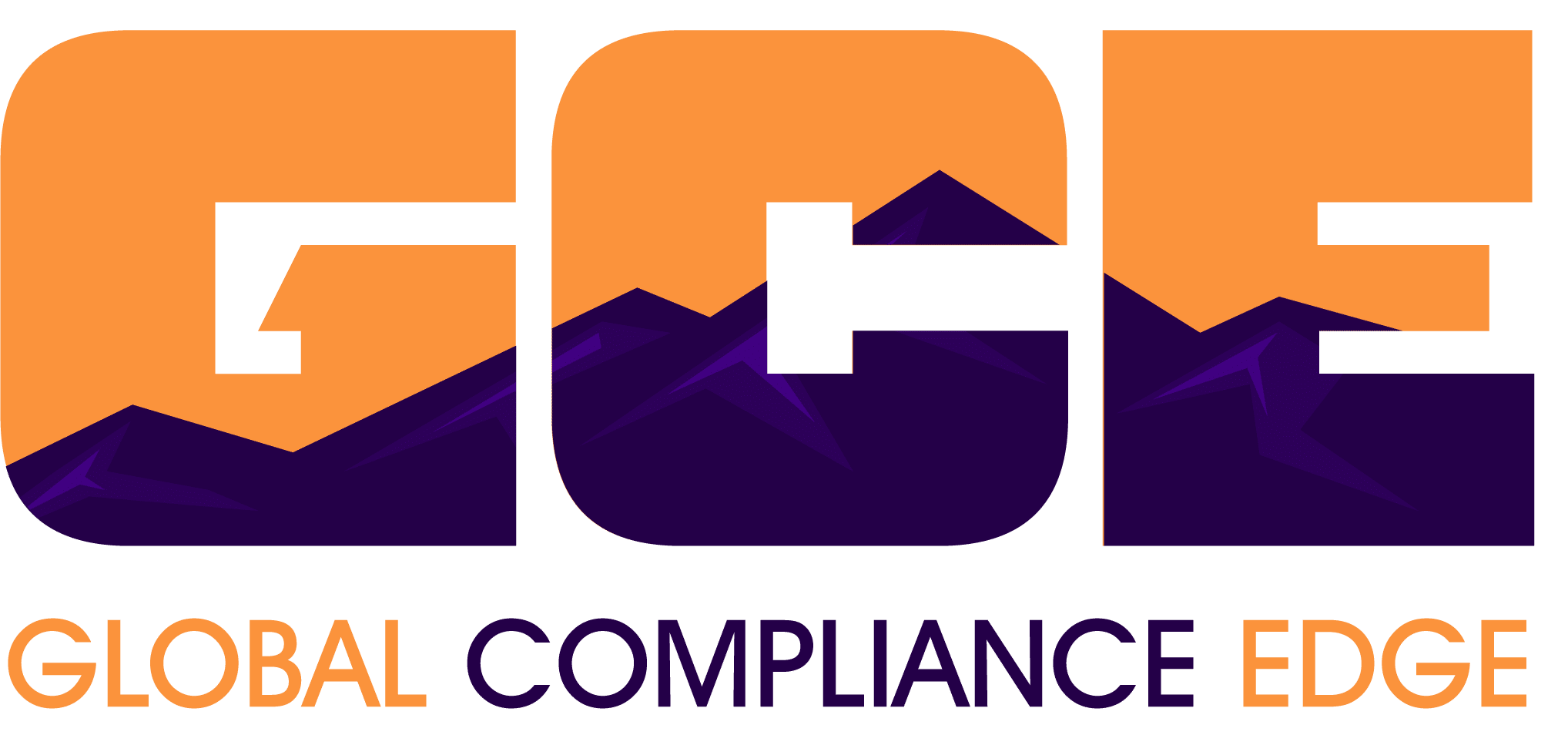The Anti-Money Laundering and Counter-Terrorism Financing Amendment Bill 2024 has introduced sweeping changes to Australia’s regulatory landscape, bringing several new industries under the scope of AUSTRAC’s AML/CTF regime. These changes are transformative and represent a major compliance challenge for businesses that have historically operated outside the formal AML/CTF framework.
This alert outlines the critical updates, why they matter, and how Global Compliance Edge (GCE) can support your business in navigating these changes effectively.
Key Changes to AML/CTF Regulations
- Newly Regulated Sectors
The following industries are now required to comply with AML/CTF obligations:
- Legal professionals: Lawyers handling trust accounts, conveyancing, or managing client funds.
- Accountants: Firms offering tax structuring, financial planning, or other advisory services.
- Real estate agents: Those involved in high-value property transactions.
- Trust and Company Service Providers (TCSPs): Entities managing trusts, forming companies, or offering registered office services.
- Dealers in precious metals and stones (DPMS): Businesses handling cash transactions over AU$10,000.
- Stricter Obligations
The regulatory requirements now include:
- Customer Due Diligence (CDD): Businesses must verify the identity of their clients, identify beneficial ownership, and assess the risks associated with their customers.
- Transaction Monitoring: Continuous monitoring of client activity to identify unusual or suspicious transactions.
- Suspicious Matter Reporting (SMRs): Reporting any activity that raises concerns about money laundering or terrorist financing.
- Risk-Based Approach (RBA): Businesses must implement compliance programs tailored to their specific risks.
- Record-Keeping: Maintaining detailed records of transactions, risk assessments, and compliance actions for AUSTRAC review.
- Mandatory Compliance Programs
Businesses must develop and implement an AML/CTF compliance program. This includes:
- Detailed policies and procedures.
- Employee training programs.
- Mechanisms for internal and external reporting.
- Increased Penalties for Non-Compliance
The penalties for non-compliance are significant, including heavy fines and reputational damage. AUSTRAC has signalled it will adopt a strict enforcement stance to ensure these obligations are met.
- Implementation Timeline
Businesses in the newly regulated sectors are required to comply by July 2026. This gives affected entities limited time to design and implement compliance frameworks that meet AUSTRAC’s standards.
What Needs to Be Considered?
Understanding the Scope
- Are you part of a newly regulated sector?
- Do your business activities fall within the specified AML/CTF obligations?
Building an Effective Compliance Framework
Businesses must implement a tailored compliance framework that addresses their specific risks and operational realities. Off-the-shelf solutions may not meet the standards set by AUSTRAC.
Customer Due Diligence
Can your existing processes support the robust identity verification, beneficial ownership checks, and risk assessments required under the new rules?
Ongoing Monitoring
How will you continuously monitor client transactions for red flags and ensure timely reporting of suspicious matters?
Training and Awareness
Are your staff adequately trained to identify and escalate suspicious activity?
Integration with Technology
How can you leverage cost-effective compliance technologies to manage your obligations efficiently?
Why This Matters
Failure to comply with these new rules could result in:
- Financial penalties: Heavy fines for breaches of AML/CTF obligations.
- Operational disruptions: Enforcement actions could impact your ability to operate.
- Reputational damage: Being flagged for non-compliance could erode trust with clients and stakeholders.
- Legal liability: Directors and officers could face personal liability for non-compliance.
How GCE Can Help
Global Compliance Edge (GCE) is uniquely positioned to guide businesses through these significant regulatory changes. With years of experience in AML/CTF compliance, we specialise in helping organisations achieve compliance without disrupting their operations.
Our Services
AML/CTF Program Development
- Tailored policies and procedures for your specific sector.
- Risk-based frameworks for customer onboarding, monitoring, and reporting.
- Templates for Customer Due Diligence (CDD) and Suspicious Matter Reports (SMRs).
Training and Awareness
- Sector-specific workshops to educate your team on AML/CTF obligations.
- Practical guides and online training modules.
Risk Assessments
Comprehensive risk reviews to identify vulnerabilities and implement mitigation strategies.
Audit and Reporting Support
- Assistance with preparing for AUSTRAC audits.
- Guidance on submitting reports and maintaining records.
Compliance Maintenance
- Ongoing support to update your AML/CTF program as regulations evolve.
- Regular reviews to ensure your compliance framework remains effective.
Why Choose GCE?
- Tailored Solutions: We don’t believe in one-size-fits-all. Our programs are customised to your business needs.
- Cost-Effective Services: Our pricing models are designed to be accessible for SMEs and growing businesses.
- Trusted Partner: We work alongside you to build a compliance framework that not only meets regulatory requirements but also supports your business goals.
Next Steps
Don’t wait until it’s too late to act. Contact GCE today to discuss how we can help your business meet these new compliance challenges.
Contact Us
Email: info@globalcomplianceedge.com
Phone: +65 8358 1869


